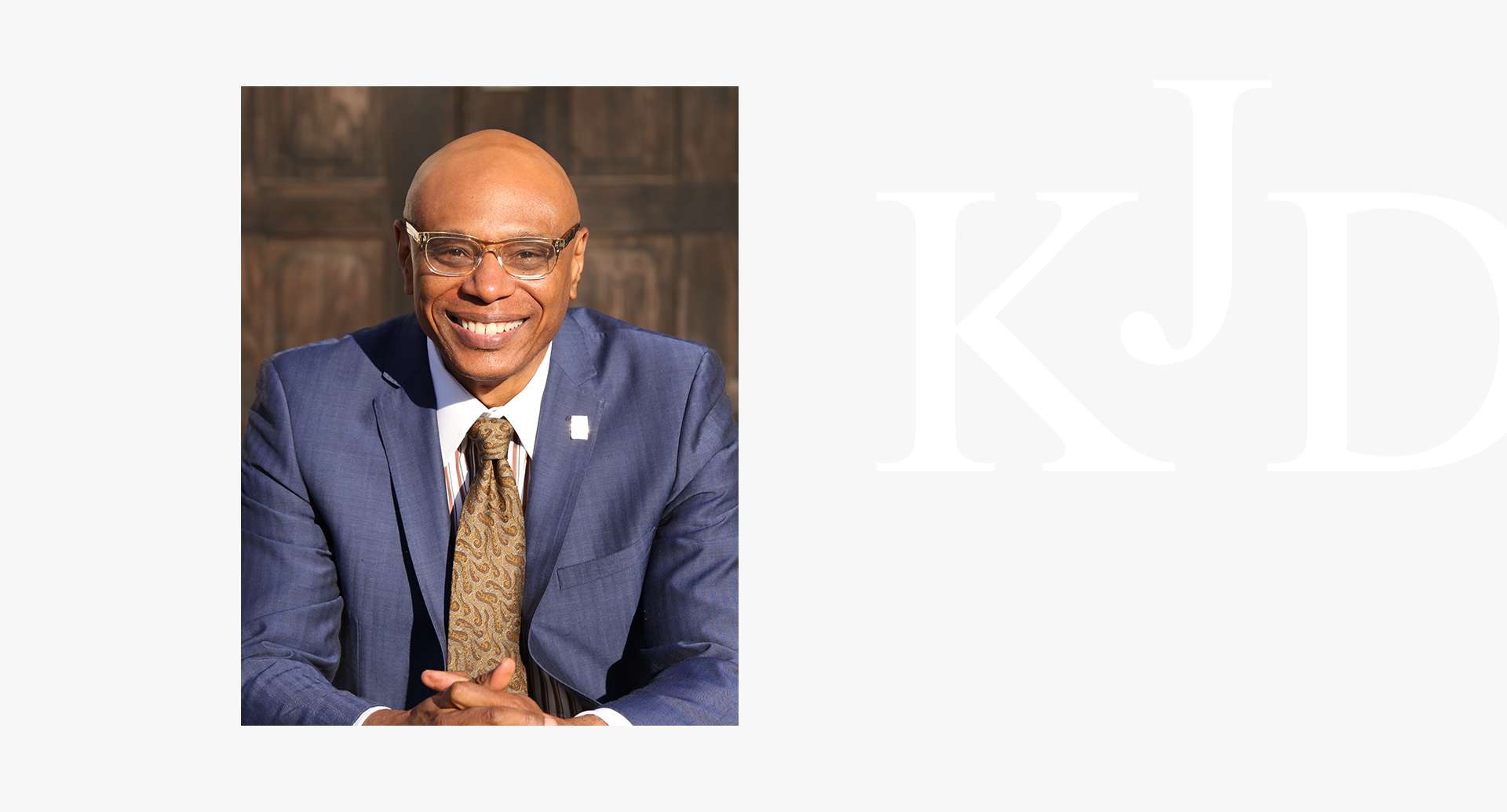An Idaho politician seems to have gotten himself into a confusing situation over a bankruptcy filing. In May, Idaho State Rep. Phil Hart-R filed for Chapter 13 bankruptcy, owing more than $500,000 in back federal income taxes and more than $53,000 in state income taxes.
According to the Associated Press, Hart listed three creditors: the IRS, the Idaho Tax Commission and Anderson & Krieger, a construction law firm, in his bankruptcy petition. Due to his back taxes, the U.S. Department of Justice was seeking foreclosure on Hart’s home. Hart’s attorney told Idaho’s Spokesman-Review that the bankruptcy would allow Hart to rebuild financially:
“It’ll temporarily stop it, because as soon as the bankruptcy is filed, a bankruptcy stay is put into effect,” said Boise bankruptcy attorney Frances Stern. “What he’s probably going to try to do is put a plan together that addresses the IRS debt in the plan, so he can keep the house.”
The comments from Hart’s attorney seem to conflict with recent findings by attorneys for the U.S. Department of Justice, who said that Hart’s bankruptcy plan was “not feasible”.
According to the Spokesman-Review, “Hart had proposed paying $200 a month for five years – a total of $12,000 – to get his entire debt of more than $600,000 discharged. Most of that debt is to the IRS; it also includes more than $50,000 in back state income taxes, penalties and interest, and $22,000 in credit card debt.”
The paper went on to say that attorneys said Hart’s plan, “fails to make adequate provision for paying the United States’ priority income tax debts.” The paper also reported that Hart has failed to answer questions in court about his assets including his home and car. Hart’s home is owned by a trust in his daughter’s name, according to the Spokesman-Review, but he still lives there. According to the paper, “Federal authorities called the transfer of the home to the trust a “fraudulent” transaction with a “sham entity.”
The paper further reports that Hart had until last week to make up his mind over converting his bankruptcy to a Chapter 7 or Chapter 11 filing, after he admitted in court documents that his debts were too high for a Chapter 13 bankruptcy.
This week we will discuss fraudulent transactions and how to avoid them, as well as how you can convert a Chapter 13 bankruptcy to a Chapter 7 bankruptcy. While Hart seems to be struggling with his filing, if you have large amounts of debt, bankruptcy is an option. Visit our website for more information about the benefits of bankruptcy, or call us at (202) 483-6070 to schedule an appointment.
Law Firm of Kevin D. Judd– Washington DC and Maryland bankruptcy attorney


